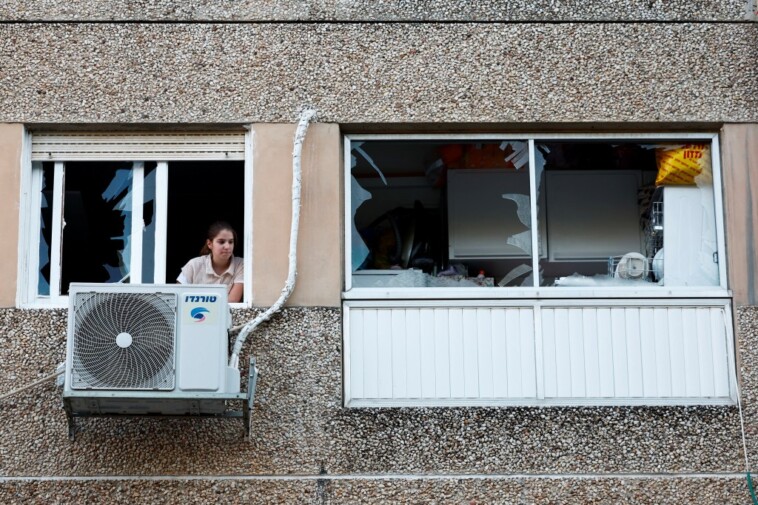Hezbollah has ramped up its daily attacks on Israel, firing around 200 rockets a day over the border to drain the Jewish state’s resources — all while the IDF is forced to delay its retaliatory attack on Iran over leaked US intelligence.
Hezbollah had only fired several dozen missiles a day at Israel for the majority of the war, but the Lebanon-based terror group has launched around a hundred every day in recent months after Israeli strikes took out the majority of its leadership.
The Iran-backed terrorists stepped up their attacks over the weekend, firing some 200 rockets Saturday and Sunday, with more than 135 fired Tuesday and Wednesday, the Wall Street Journal reports.
The increased rate of fire suggests Israel is far from its goal of decimating Hezbollah’s terror infrastructure despite its daily airstrikes in Lebanon and ongoing raids over the border.
The Israeli military claimed in late September that it had wiped out about 50% of Hezbollah’s estimated stockpile of 150,000 rockets and missiles, but experts warned that Hezbollah is still able to import more weapons and operate even without its slain leaders.
“It’s an adaptive group. It’s very clever. It’s very determined,” Daniel Byman, a senior fellow at the Center for Strategic and International Studies in Washington, told the WSJ.
While most of Hezbollah’s rockets are intercepted and crash without further incident, the terror group’s drones have proven difficult for Israel’s defense systems to fully intercept.
One such drone was able to sneak over the border on Saturday and detonate outside Israeli Prime Minister Benjamin Netanyahu’s home, about 40 miles from the border.
Hezbollah’s drone unit has become a top priority for Israel, with the IDF touting Thursday that it took out another member of the battalion in an airstrike.
As Israel continues its heated battle with Hezbollah, it has been forced to delay its counterrack on Iran due to last week’s leak from the US about the looming strike, the Times of the UK reported.
The leak allegedly detailed the high-powered missiles Israel was preparing to fire at Iran, as well as the defense systems being put in place to respond to a possible retaliatory strike.
An intelligence source familiar with the discussions in Israel told the Times that Jerusalem is formulating an alternative plan that has yet to be approved.
“The leak of the American documents delayed the attack due to the need to change certain strategies and components,” an intelligence source told the Times. “There will be a retaliation, but it has taken longer than it was supposed to take.”
While it remains unclear what Israel will be targeting in its attack, Netanyahu has assured the US that it does not plan to strike Tehran’s nuclear and oil facilities.






